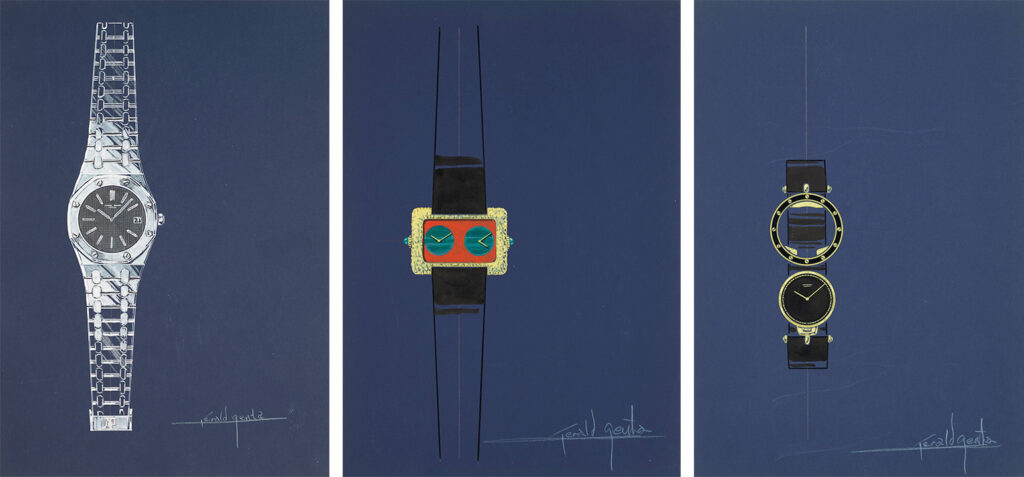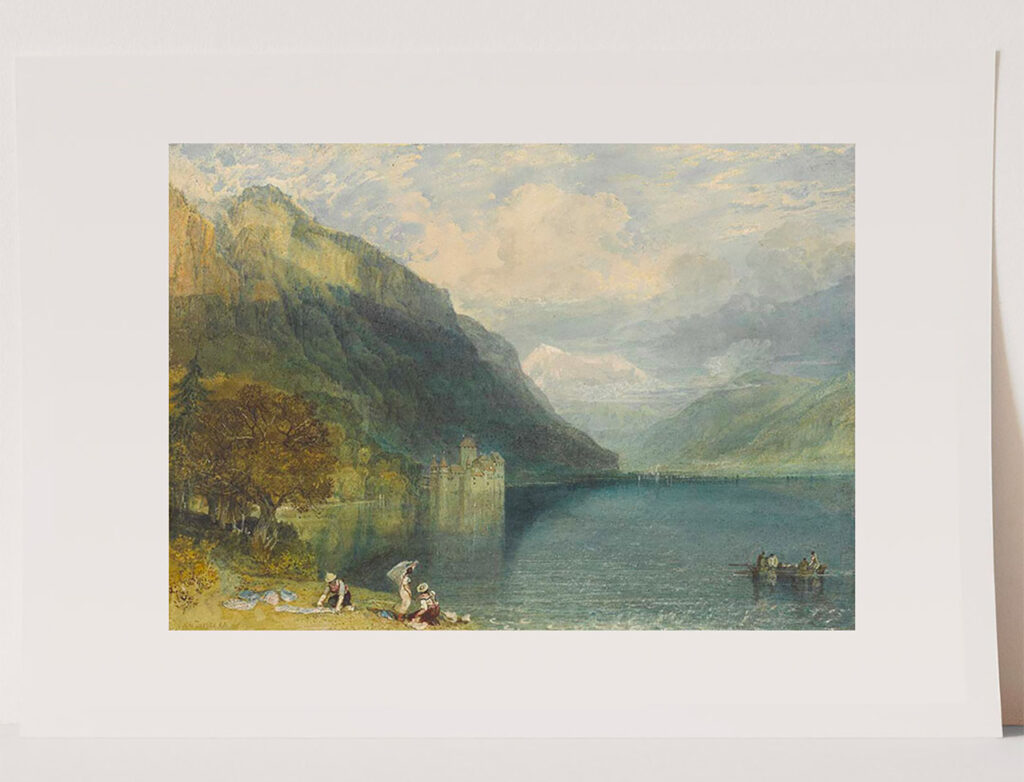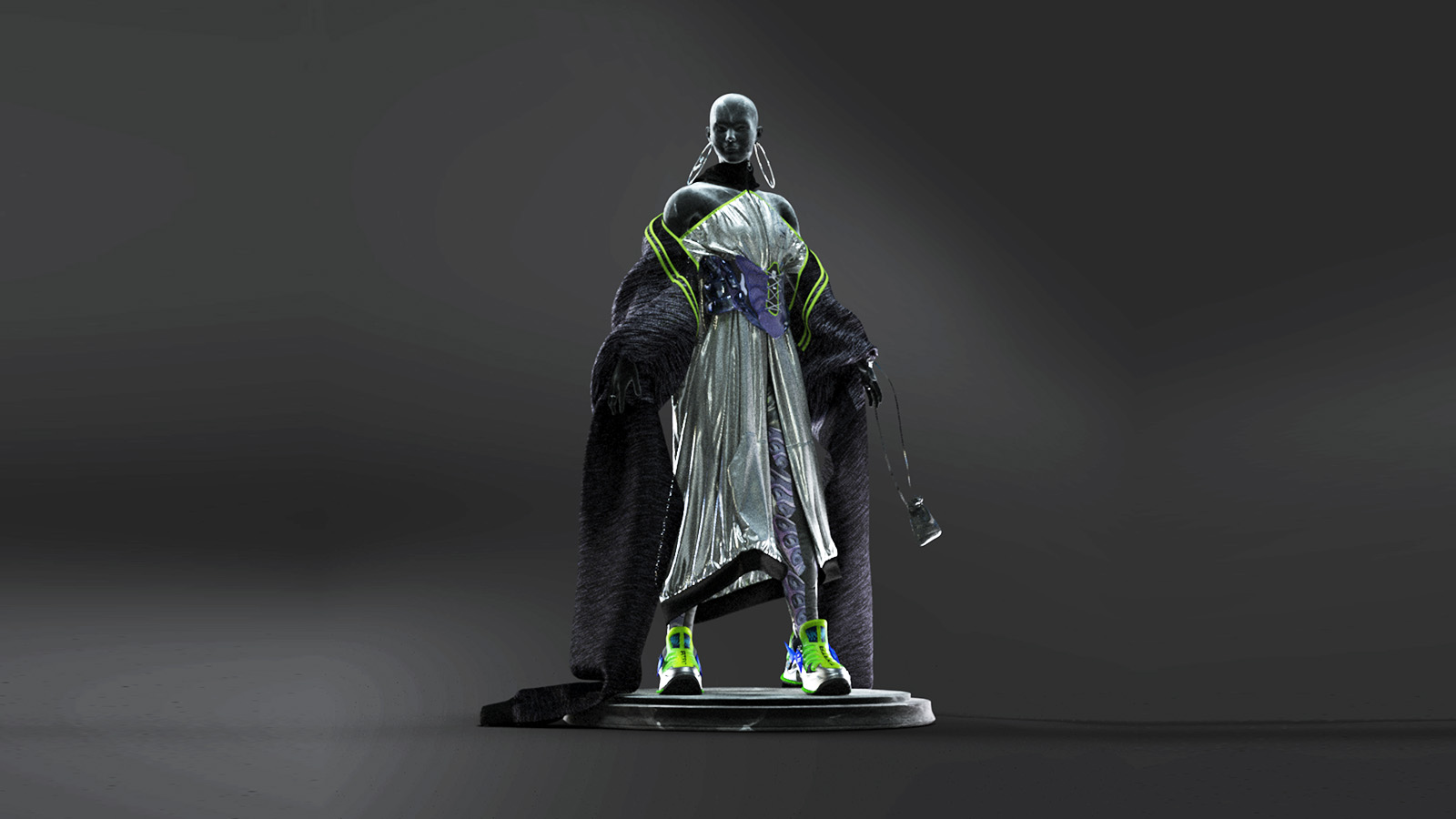It was only a matter of time that NFTs would wind their way into the luxury market — a sector that mines value from exclusivity and constantly has its eye on next-generation consumers. Over the past months, the likes of Prada, Bulgari, and Balmain have jumped in with projects that leverage the audience for and utility of digital tokens; and Sotheby’s, the auction house which already has a raft of high-profile NFT sales under its belt, is not far behind.
Early this month, Sotheby’s launched its sale series Gérald Genta: Icon of Time with lots featuring watercolors by the celebrated watch designer who defined the aesthetics of such coveted timepieces as the Audemars Piguet Royal Oak and Cartier Pasha. Each original design prototype comes accompanied by a unique NFT, inaugurating Sotheby’s first luxury crypto collectibles.
Coinciding with its entry into the luxury NFT space, the auction house, in partnership with Jing Daily and Intelligence², hosted “Luxury NFTs: Accessorising the Metaverse,” a February 11 panel that delved into how tradition and innovation are fused in the luxury NFT. Here are some key talking points from the event that highlight the potential for storytelling and audience growth that art and luxury players can find in the crypto realm.
NFTs — disruption or evolution?

Sotheby’s Gérald Genta auction featured the watch designer’s illustrations for brands such as Audemars Piguet, Piaget, and Van Cleef & Arpels, each accompanied by a NFT. Images: Sotheby’s
Or perhaps, both. NFTs have indeed disrupted the worlds of art, finance, and luxury, but increasingly, brands are uncovering opportunities in the digital collectibles market. The luxury and NFT propositions, after all, overlap when it comes to elements like scarcity and authenticity, and, as Karinna Grant, Co-CEO of THE DEMATERIALISED, pointed out, revenue generation and audience engagement have been factors in pushing luxury houses into the crypto space.
Sebastian Fahey, Managing Director of Sotheby’s EMEA, is similarly clear-eyed, viewing NFTs as “entirely complementary to the art world.” Besides expanding the remit of traditional collecting, the technology has been pivotal in unearthing new value in heritage or classical artifacts, as in Sotheby’s Genta auction. “By coupling [the original designs] with the NFTs,” noted Fahey, “we’re ascribing additional value as well in that technology, in that authenticity, in that record.”
Where traditional and crypto buyers converge
So who’s acquiring art and luxury NFTs? Both traditional and crypto buyers, the panelists agreed. Fahey sees Sotheby’s latest sale attracting both groups — “we will see people who are valuing both the physical, the digital, and both together” — a confidence backed by the fact that of the $100 million worth of NFTs the auction house has sold, 25 percent of bidders have been traditional collectors. “That converging” of buyers, he added, “is very much happening.”
Grant has likewise observed how the pool of NFT buyers has recently expanded to include crypto natives as well as newcomers, particularly as luxury players have entered the field. “Every time we launch [NFTs] with luxury brands like Karl Lagerfeld,” she said, “we get people buying their first-ever NFT and they’re very excited.” Besides tapping and appealing to existing luxury fans and buyers, these branded NFTs effectively onboard a new segment of collectors, in turn enriching the understanding and value of digital assets.
A new way into storytelling

NFTs, said Fahey, give “creators a unique capacity to be more inventive and for buyers to get unique products with a great capacity for value.” Image: J.M.W. Turner, “Castle of Chillon,” now available as a NFT, LaCollection
Art and luxury NFTs present buyers the opportunity to own a historically significant crypto asset — whether a Turner painting or a Genta design — but this merely scrapes the surface of NFTs’ utility. For luxury brands that sit on a trove of archival material, NFTs and the metaverse afford new platforms for storytelling. The creation of virtual assets to pair with physical assets is one thing, but the nature and mechanics behind NFTs can be leveraged for iterative, time-based, or collaborative projects. This gives “creators a unique capacity to be more inventive and for buyers to get unique products with a great capacity for value,” noted Fahey.
Grant anticipates the further development of digital archives and phygital collections, where physical pieces are packaged with collectible elements such as videos and 3D garments, with which “you can do more from a utility perspective.” Ultimately, such hybrid offerings recapture the rarity and exclusivity sought after by both brands and buyers. “That ability to get something that you wouldn’t normally be able to get,” she said, “really links back to the meaning of luxury.”



